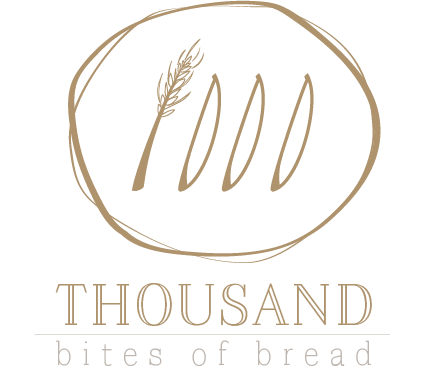Hello bread lovers,
It is a hot Friday afternoon in Portland, Oregon as I write this, and I am busy making our bread for shabbat tonight. [aside: thankfully, when I say “hot”, I don’t mean 115°F as I would have reported earlier in the week, but that’s a story in itself.]
Each and every Friday, my tangible prayer into the world is the bread I make. I am not particularly religious, but I try to honor my ethnic heritage, and I have come to find that shabbat is one of the best gifts of my ancestors. This ritual allows me to create a caring container of peace, hope, rest, and just learning to be. Every time I engage in the act of making bread on Friday, I transfer this prayer to my family, my pod, and hopefully the wider world.
In the winter, I usually make challah, meaning I make what most people think of as challah, which is an enriched eggy braided affair. I do love that bread, as it’s what I grew up eating at my grandmother’s table. But did you know that the original challah referred to an offering of bread during the time of the first temple? It was not necessarily referring to the sabbath loaves themselves, which are many and varied. Have you heard of Yemeni kubaneh? Or Sephardic Mouna? If not, seek out these amazing shabbat breads any way you can.
All of this is to say that Friday night shabbat usually commences with a series of ceremonies, one of which is hamotzi, a benediction over bread.
In the summer, I usually make flatbread to throw on the grill, and it steams in the center and puffs up like a pillow. This is the bread I grew up eating from the shelves of my hippie aunts’ healthfood store: Pita. Upon further research, I see that this kind of bread goes by many names and there are versions across the levant from as far back as the Natufian bread that has been uncovered in Jordan from 14,000 years ago.
And that’s what I love about saying a weekly blessing over bread. It honors our long relationship to the act of eating on this planet.
May you enjoy your blessing of bread in whatever way it comes into your life.
Here’s what’s on the menu this month:
Mama Bread
This month’s Mama bread is made with Wit Wolkering grown by farmer Mai and milled by Grist & Toll. This is the dynamic duo of women who both pay so much respect to their craft that they’re willing to go out on a few limbs to bring us the best. I love working with this flour and can’t wait to bring you this bread!
White Spelt Pita
I love making challah for shabbat, but quite often these pitas are the Friday night breads of choice. They go well with a lot of the foods my family eats during our weekly ritual, and I feel connected to my ancestors as I pat out the dough and throw each little disc over a fire. This month, I’m working with White Spelt flour from Carolina Ground in North Carolina. These sometimes get made on a stone in the oven, but more often than not in the summer, we make these on the grill.
100% Einkorn Loaf
Einkorn is the most ancient wheat that we still cultivate. It’s genetically different than modern wheat because it reflects the time when wheat had a simpler DNA profile. It has a buttery color and a savory flavor with mild mineral overtones. I’m using grains from Lonesome Whistle in Oregon. This bread is a pan loaf and it’s superb as toast dripping with butter and a shaving of parmesan cheese.
I am happy to share any of my formulas with you if you reach out. I hope whatever you are baking is inspiring your day!
With delight and gratitude,

Other news from the world of grain:
-The Kneading Conference is coming up, and this year it’s presented on-line. Check it out here.
-I’m still really loving the wonderful new cookbook Southern Ground by Jennifer Lapidus. This delightful book uses all whole grain or high extraction flours and it’s full of recipes from all over the South. Grab a copy here.
-I love this post on the Grist & Toll blog about Einkorn, with its beautiful graphics and charts about flavor notes and pairing ingredients. I’m preparing to teach an Einkorn bread class and I’ve been testing all the flours available on-line. As always, Grist & Toll is a great resource!
-For information about the Flour Hour experience on Airbnb, go here.
